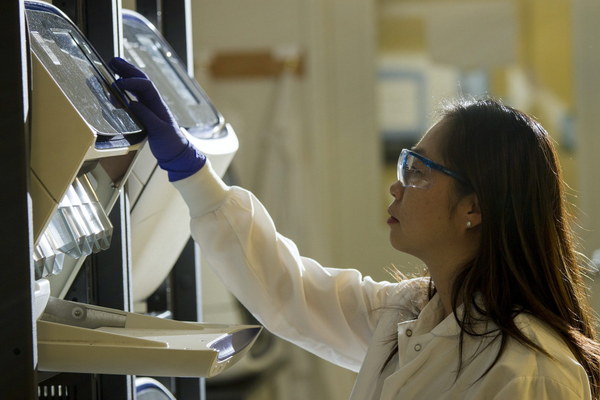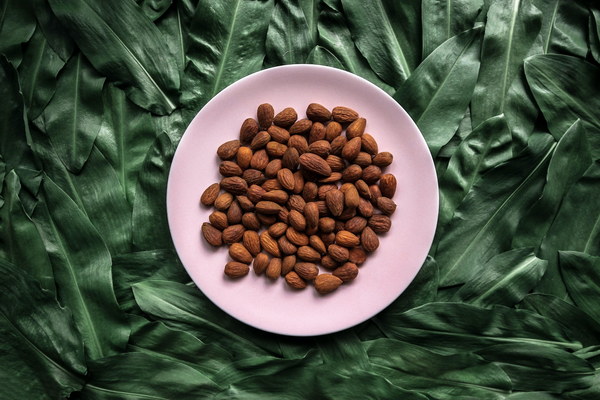Exploring the Wonders of Clinical Hepatoprotective Medications A Comprehensive Overview
The liver is a vital organ responsible for numerous crucial functions in the human body. However, due to various factors such as unhealthy lifestyles, infections, and diseases, the liver can become damaged or impaired, leading to liver disorders. To address these issues, numerous hepatoprotective medications have been developed to support liver health. This article aims to provide a comprehensive overview of some of the most commonly used clinical hepatoprotective medications.
1. Silymarin (Milk Thistle)
Silymarin, extracted from the milk thistle plant, is a well-known hepatoprotective agent. It contains flavonoids that have been shown to reduce oxidative stress, enhance the regeneration of liver cells, and increase the liver's natural defense mechanisms. Silymarin is often prescribed for chronic hepatitis, liver cirrhosis, and other liver diseases.
2. Ursodeoxycholic Acid (UDCA)
UDCA is a bile acid derivative that plays a significant role in the regulation of bile flow and the prevention of liver diseases. It has been found to improve liver function, reduce inflammation, and inhibit fibrosis in patients with chronic liver diseases such as primary biliary cholangitis (PBC) and primary sclerosing cholangitis (PSC). UDCA is also beneficial in the treatment of gallstones.
3. N-Acetyl Cysteine (NAC)
NAC is an amino acid precursor to the antioxidant glutathione. It helps to reduce oxidative stress, increase glutathione levels, and protect liver cells from damage. NAC is commonly used in the treatment of acute liver failure, acetaminophen-induced liver injury, and chronic liver diseases.
4. Metformin
Metformin, primarily known as an antidiabetic medication, has been found to have hepatoprotective properties. It has been shown to improve insulin sensitivity, reduce oxidative stress, and decrease the risk of liver fibrosis in patients with non-alcoholic fatty liver disease (NAFLD). Metformin is often used in combination with other medications to manage NAFLD.
5. Curcumin
Curcumin, the active compound in the spice turmeric, has been extensively studied for its hepatoprotective properties. It has anti-inflammatory, antioxidant, and anti-fibrotic effects, making it beneficial for various liver diseases, including NAFLD, chronic hepatitis, and liver cirrhosis. Curcumin can be taken as a supplement or used in combination with other medications.
6. Glutathione
Glutathione is a potent antioxidant produced by the liver. It plays a crucial role in protecting liver cells from oxidative stress and toxins. In cases of severe liver injury, intravenous glutathione may be administered to support liver function and enhance recovery. However, the effectiveness of glutathione therapy is still under investigation.

7. Statins
Statins, primarily used to lower cholesterol levels, have been found to have hepatoprotective effects. They can reduce inflammation, decrease the risk of liver fibrosis, and improve liver function in patients with NAFLD. Statins are often prescribed in combination with other medications to manage NAFLD and other liver diseases.
In conclusion, the liver plays a vital role in maintaining overall health, and it is crucial to take care of it. Clinical hepatoprotective medications, such as silymarin, UDCA, NAC, metformin, curcumin, glutathione, and statins, can help support liver health and manage various liver diseases. However, it is essential to consult with healthcare professionals before starting any medication to ensure the best treatment plan for individual needs.









